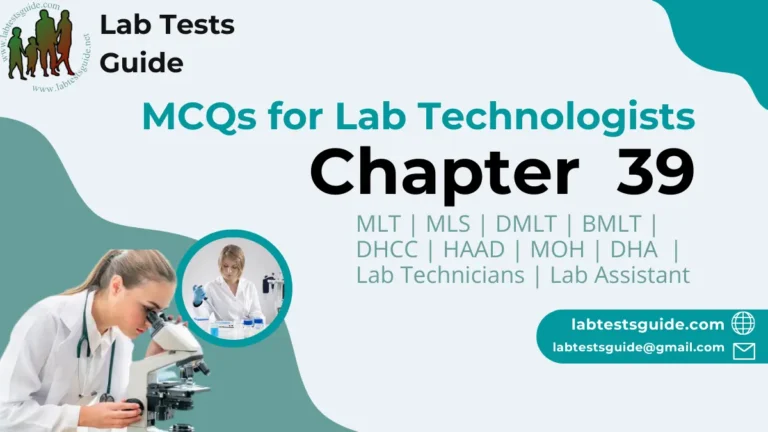5000 Plus Nursing MCQs for Exams, Entry Test and Job Interviews. MCQs are an important tool used in nursing education to test the knowledge and understanding of nursing students. These questions can cover a wide range of topics related to nursing practice, such as anatomy and physiology, pharmacology, nursing ethics, nursing theories, and more. MCQs are often used in nursing exams and assessments to evaluate students’ comprehension and ability to apply theoretical concepts to real-world scenarios.

These questions can cover a wide range of topics related to nursing practice, such as anatomy and physiology, pharmacology, nursing ethics, nursing theories, and more.
| Chapter 1 (Nursing) | Mock Test |
| Chapter 2 (Nursing) | Mock Test |
| Chapter 3 (Nursing) | Mock Test |
| Chapter 4 (Nursing) | Mock Test |
| Chapter 5 (Nursing) | Mock Test |
| Chapter 6 (Nursing) | Mock Test |
| Chapter 7 (Nursing) | Mock Test |
| Chapter 8 (Nursing) | Mock Test |
| Chapter 9 (Nursing) | Mock Test |
| Chapter 10 (Nursing) | Mock Test |
| Chapter 11 (Nursing) | Mock Test |
| Chapter 12 (Nursing) | Mock Test |
| Chapter 13 (Nursing) | Mock Test |
| Chapter 14 (Coming) | Mock Test |
| Chapter 15 (Coming) | Mock Test |
| Chapter 16 (Coming) | Mock Test |
| Chapter 17 (Coming) | Mock Test |
| Chapter 18 (Coming) | Mock Test |
| Chapter 19 (Coming) | Mock Test |
| Chapter 20 (Coming) | Mock Test |
The importance of MCQs in nursing education cannot be overstated. Nursing is a demanding and complex field that requires a high level of knowledge and skills. Nurses are responsible for the care of patients and must be able to make informed decisions quickly and effectively. The MCQs help ensure that nursing students are adequately prepared for the challenges they will face in their careers by assessing their knowledge of the key concepts and principles that underpin the practice of nursing.
One of the main benefits of MCQs is that they provide a standardized way to evaluate nursing student outcomes. knowledge. Unlike open-ended or essay questions, which can be subjective and difficult to score consistently, MCQs are designed to be objective and simple. Each question has a clear answer, right or wrong, making it easy for instructors to assess students’ skills. performance and compare their results with those of their peers.
Another advantage of MCQs is that they can be used to assess a wide range of knowledge and skills. Nursing MCQs can cover a variety of topics, from basic anatomy and physiology to complex pharmacology and nursing interventions. This allows instructors to evaluate students’ skills. understanding the full spectrum of nursing practice and identifying areas where they may need additional support or instruction.
MCQs can also be used to assess different levels of learning. For example, some questions can test students’ ability. remember basic facts and concepts, while others may require them to apply their knowledge to solve a problem or make a clinical judgment. By using a combination of different question types, instructors can get a more complete picture of each student’s strengths and weaknesses and tailor their instruction accordingly.
However, there are some potential drawbacks to using MCQs in nursing education. One concern is that the MCQs may not accurately reflect the complexity of nursing practice. Nursing is a field that requires a high degree of critical thinking, problem solving, and clinical judgment, and the MCQs may not fully capture these skills. Additionally, some nursing students may have difficulty with multiple choice questions, especially if they have learning disabilities or other challenges that affect their ability to process information quickly.
However, despite these concerns, MCQs remain an important tool in nursing education. They provide a standardized and objective way to evaluate nursing student outcomes. knowledge, and can cover a wide range of topics and levels of learning. With careful design and implementation, MCQs can be an effective way to evaluate nursing student outcomes. performance and ensure that they are adequately prepared for the challenges they will face in their careers.
Possible References Used







